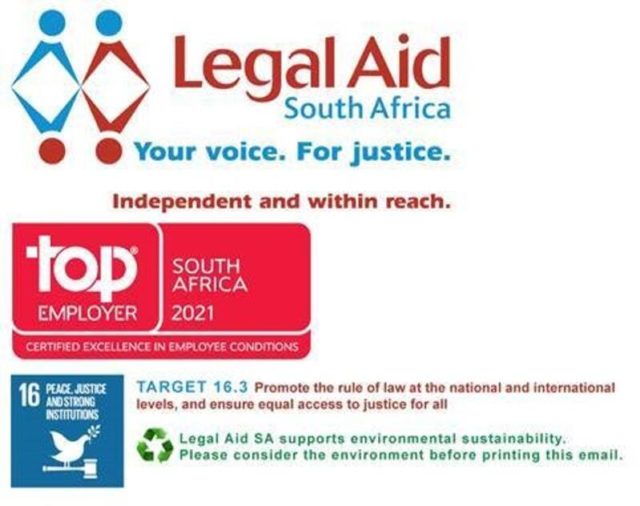Know the law about social media and defamation
ONLINE social networking services have become part of our daily lives. Social media is used by businesses for marketing purposes, but also by individuals for social networking. You may use social media to keep in touch with friends and update others on events in your life, or to keep on top of news. Although these activities offer many benefits, they also present numerous legal challenges.
One such challenge is the risk of being sued for defamation. Defamation is the intentional and wrongful publication of a statement concerning one person which has the effect of injuring that person’s reputation. To constitute a verbal injury, the words uttered (the comments/posts published) must impair the person’s dignity and be insulting in the sense that they must amount to degrading, humiliating or ignominious treatment. The right to dignity is protected in section 10 of the Constitution, and encompasses good name and reputation.
The publication of a statement to a third party is an essential element of defamation. Publication occurs at the place where the message content is communicated to the reader or listener, seen on an online platform or in an online newspaper or magazine. Social networking sites such as Facebook, Twitter and forums or chat rooms available on websites operate like a bulletin board. The moment one person has seen, read or heard the alleged false information, defamation has occurred. It should also be noted that not only the person who posts the comment or shares the post can get sued, but also people who further like, share or leave comments on these posts.
Remedies for defamation
The victim in a defamation action seeks to protect their good name and reputation, in terms of the right to dignity enshrined in our Constitution. Once a victim establishes that a wrongdoer has published a defamatory statement concerning them, it is presumed that the publication thereof was both wrongful and intentional.
The victim may institute civil legal action claiming damages against the wrongdoer. A wrongdoer wishing to avoid liability for defamation must then raise a defence which rebuts either wrongfulness or intention. The most commonly raised defences to rebut wrongfulness are that the publication was true and in the public interest, that the publication constituted fair comment and that the publication was made on a privileged occasion.
A more specific test has been formulated by South African courts to determine the wrongfulness of the publication. The question is whether a reasonable person of ordinary intelligence might reasonably understand the words concerned to convey a meaning defamatory of the victim concerned.
The victim in a defamation action must also prove that the statements are directed at them. If a victim is not directly referred to in a defamatory statement, they must indicate the circumstances which would have identified them to the addressees. The wrongdoer must prove absence of the intention to injure.
In the case of Isparta v Richter 2013 6 SA 4529 (GP) a South African court for the first time awarded damages to a victim of defamatory comments made on Facebook. The first wrongdoer tagged the second wrongdoer in the defamatory posts. The court had to decide what amount of damages would be appropriate for the harm resulting from the defamatory comments. An amount of R40,000 was deemed appropriate in the circumstances.
Always remember that your online activity is visible to many people. Think before you post, like, share, tag or comment.








